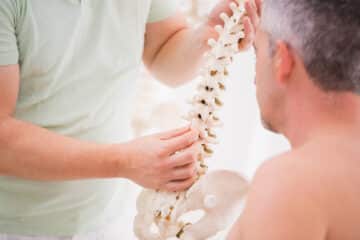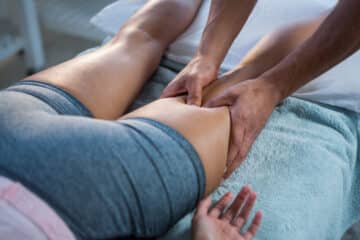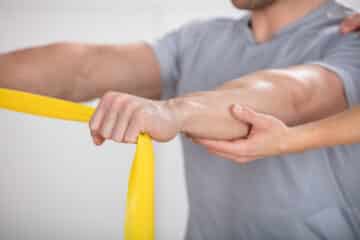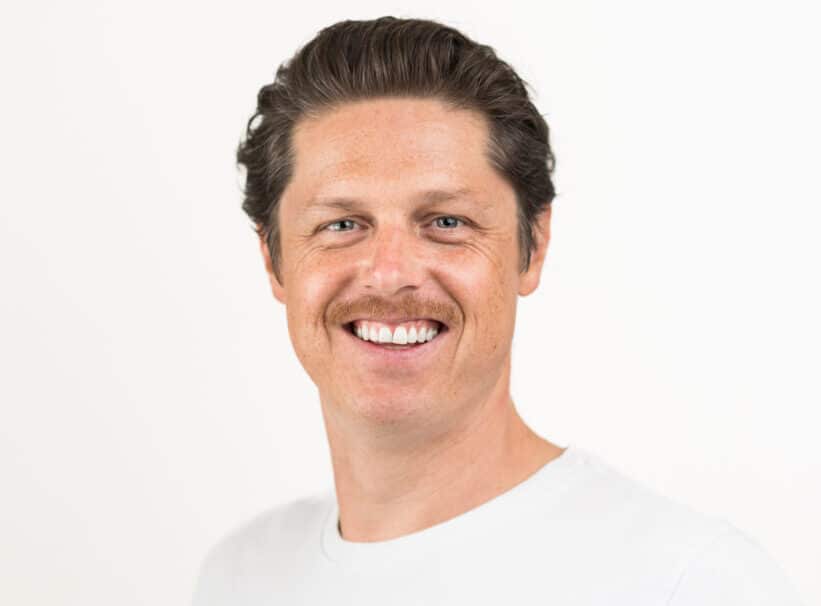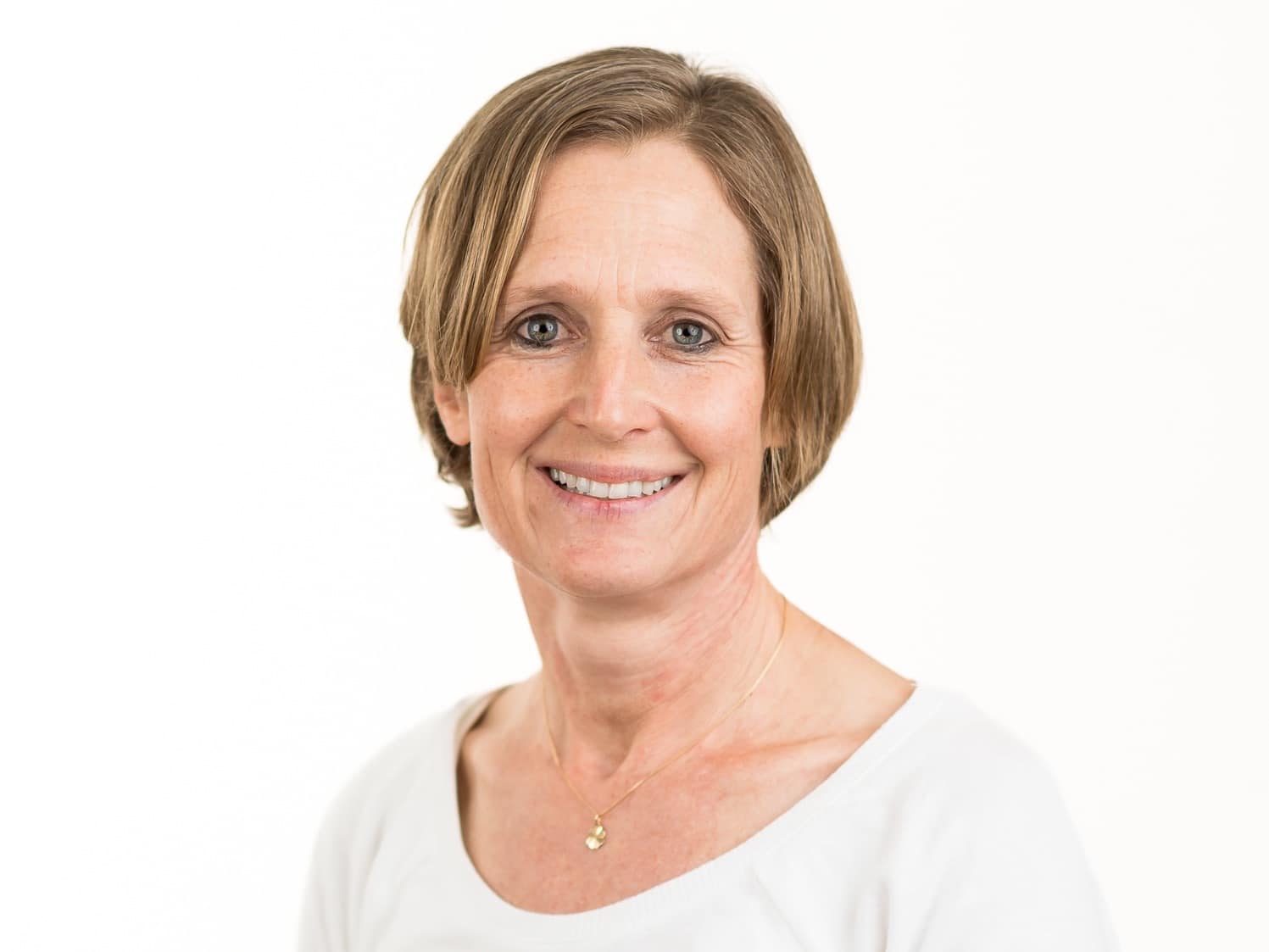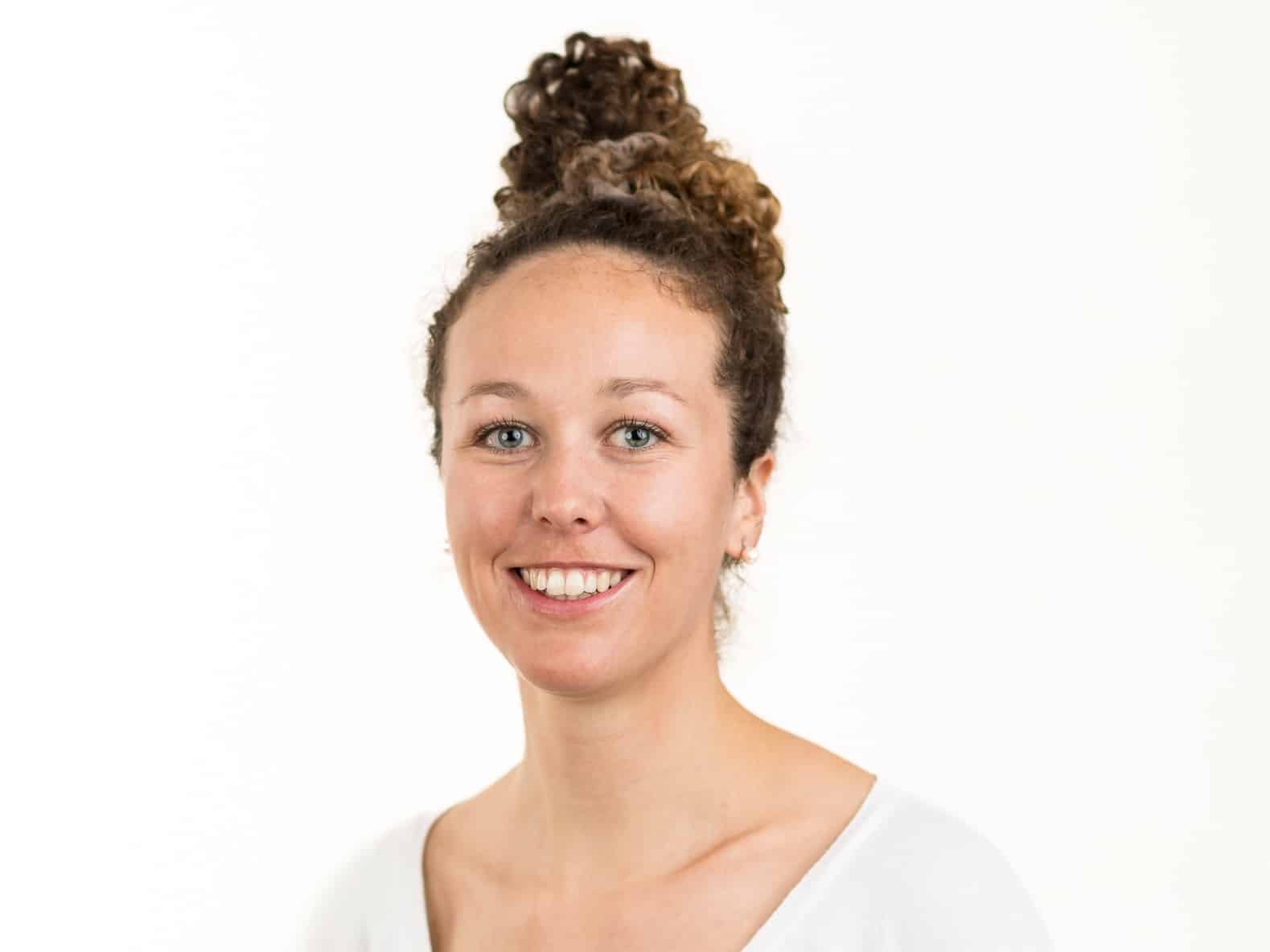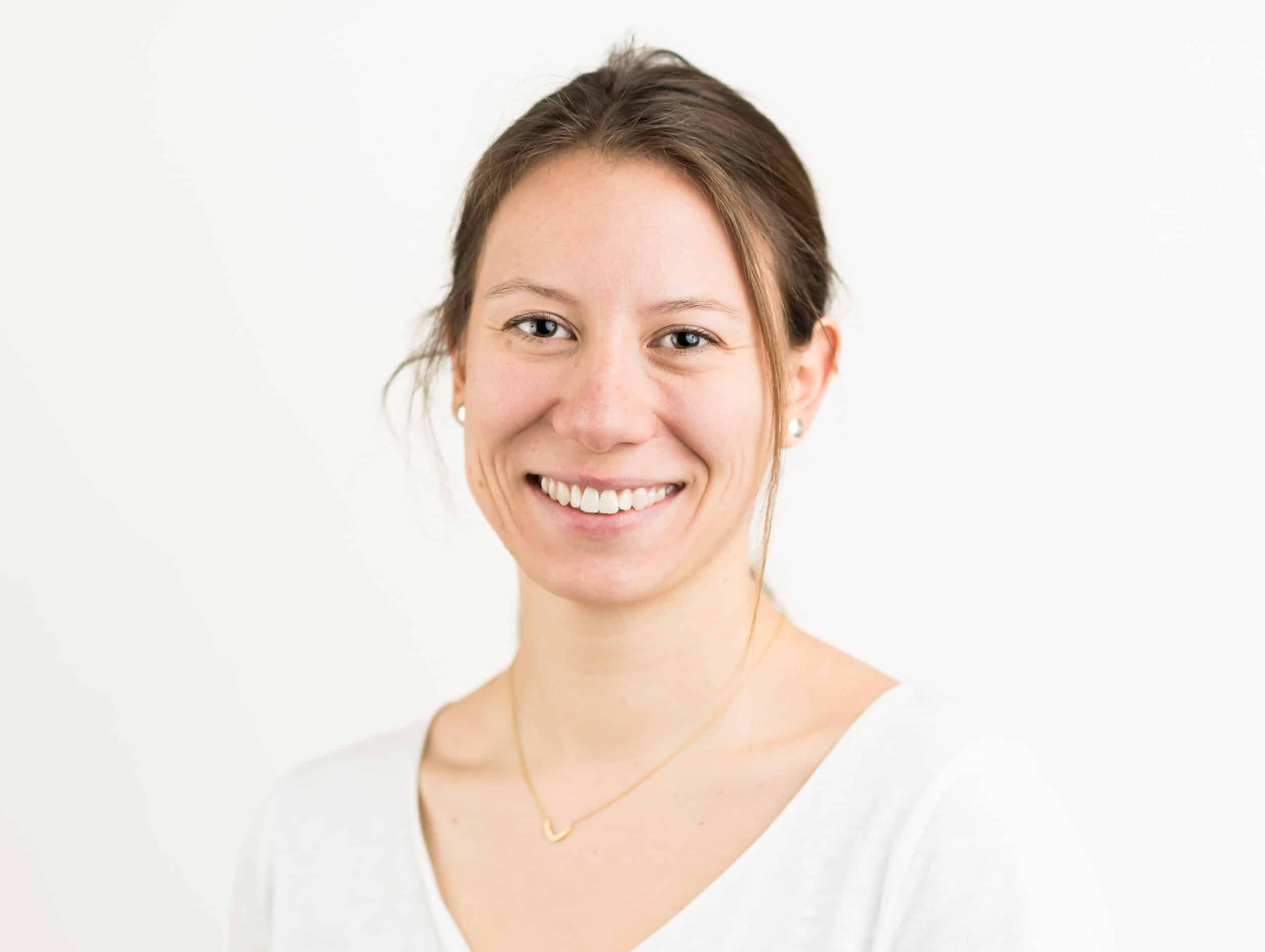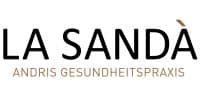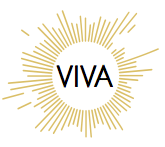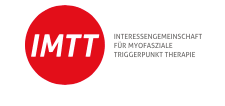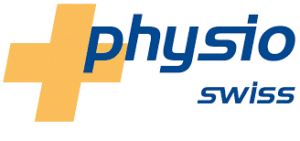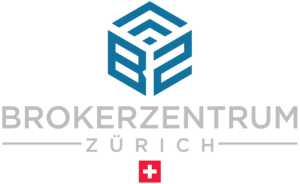Our services
Physiotherapy in Zurich Wipkingen & Höngg
Physiotherapy, Lymphatic Drainage, Trigger Point Therapy in Zurich
We are a practice for physiotherapy recognized by health insurance companies. This means that we bill directly with the health insurance companies according to a predefined tariff. As a rule, you will receive a prescription from your doctor, which includes nine therapy sessions and all services.
Physiotherapy is used to relieve pain and regain freedom of movement in everyday life. Pain and dysfunction can be improved or eliminated through various methods.
We are proud to offer you a wide range of different Therapy methods to meet your specific needs. Together, we will find solutions to your pain, even if you have not had success with previous therapies.
In addition, we regularly offer therapeutic Small group training to permanently strengthen your muscles and keep your musculoskeletal system flexible. Because your health and well-being is our goal!
Physiotherapy
Your personalized physical therapy begins with a comprehensive assessment of your functional limitations and areas of pain. This is what we call "physiotherapy examination." We elicit a treatment plan,...
MoreTriggerpoint and Dry Needling
Patients with constant pain often do not know how to help themselves. The manual trigger point therapy IMTT® is a method that very often leads to significant improvements...
MoreMobile physiotherapy
Suffering from an injury or physical impairment? Make your life easier with Heim Physio - our team of certified mobile physiotherapists...
MoreAbout us
As certified physiotherapists with many years of extensive experience, we use our knowledge specifically for your therapy. Philipp Schröder, Barbara Baur,Tamara Bellini and Chiara judge will help you.
After the initial examination, we diagnose your current condition through questioning, observation and palpation (feeling the muscle and bone structure). This will allow us to give you an explanation for the cause of your pain. Sometimes this can be more complex than just a muscle tear or joint problem. However, we will try to explain everything to you in a way that allows you to fully understand your condition, injury or surgery so that you can participate in the treatment process. Because that's the key to success.
The basis for the development of a personalized therapeutic treatment and support concept are your physical goals as well as the medical diagnosis. Together with you, we want to permanently improve your physical and also mental well-being.
You should look forward to your treatments, know that you are in good hands and leave our practice with a smile on your face! That is the goal we work towards.
In the practice, which is located in district 10 directly at the Waidfussweg streetcar stop between Höngg and Wipkingen, you will receive treatment methods that are optimally tailored to you.
Upon request, treatments are also possible off-site. We do not stop at perfecting our therapy, we study regularly and always work according to the latest findings.
We prefer to discuss the possible cause(s) of your health problem with you. In this way, we can develop follow-up therapy and/or training for you beyond the period of acute treatment. In this way you can maintain your freedom of movement and feel better in the long term. Trainings can be designed for at home, or in the practice with our expertise to help guide you.
Physiotherapy in Zurich - Physio Waidfuss
With the help of physiotherapy, many different complaints can be alleviated. The various application procedures improve the mobility and functions of the human body and treat diseases as well as injuries. Physiotherapy uses active and passive techniques. In earlier years, physio was known as physiotherapy. Sometimes it is also called physical therapy. For quite a while now, the term physiotherapy has fallen out of use and has been replaced by the term physiotherapy to conform to international usage. Moreover, not only sick people use physiotherapeutic treatments. Over the years, the variety of methods has developed significantly.
The main task of physio is to restore or maintain the body's ability to move and function and to relieve pain. Physiotherapeutic treatment can be prescribed by the physician as an aid. It is often useful as a supplement to the administration of medication or surgical interventions. The treatment spectrum of physio includes:
- active movement exercises, body weight training
- Heat or cold applications
- Pressure through targeted hand movements or with a needle ( dry needling)
- passive movements, stretches
These methods are suitable for the treatment of both acute and chronic complaints. Other options include prevention or rehabilitation of prolonged illnesses, ailments, injuries and surgical procedures. The form of physiotherapeutic methods depends mostly on the type and extent of the complaints and whether the patient is suffering from an acute or chronic condition.
Fields of application of physiotherapy, lymphatic drainage and trigger point therapy
Physiotherapy includes a wide range of treatments that go far beyond massage treatments. It includes treatment methods from almost all medical fields such as:
- Neurology for the treatment of diseases of the nervous system such as multiple sclerosis, paraplegic syndromes or impairments of the central nervous system
- Orthopedics, which includes, among other things, back training against degenerative joint diseases or the treatment of deformities
- surgery, in order to subsequently treat bone fractures or scars after operations
- traumatology with the insertion of artificial joints or amputations
- internal medicine for the treatment of pneumonia or myocardial infarction
- gynecology after pregnancies with preparation for childbirth, pregnancy gymnastics or postpartum gymnastics
- pediatrics for the treatment of acquired or already congenital movement and posture disorders as well as the therapy of premature infants
- geriatrics, which includes stabilizing multimorbid patients
- Urology with pelvic floor training, pelvic pain or diseases of the prostate gland
- Lymphology, primary or secondary lymphedema
An additional focus of treatment is prevention. Prevention is particularly suitable against diseases of the musculoskeletal system and includes, for example, spinal gymnastics as well as medical training therapy or targeted trigger point therapy.
Rehabilitation is equally important. It includes various measures to regain the body's abilities that enable participation in everyday life despite limitations. This makes it possible to compensate for or reduce functional losses. In this way, the patient regains a better quality of life. This is made possible by setting natural stimuli and reactions. The most common areas of application of physiotherapy include:
- Pain or restricted movement due to injuries or wear and tear on joints, tendons and muscles
- Joint discomfort due to osteoarthritis
- Back problems
- Back pain during pregnancy
- Headache
- Migraine
- Jaw pain
- Chronic pain
- Rheumatic diseases such as Bekhterev's disease or polyarthrosis
- Herniated discs
- Diseases of the spine
- Problems of the pelvic floor or incontinence
- Diseases of the respiratory tract
- internal diseases such as heart disease
- neurological diseases such as multiple sclerosis or Parkinson's disease
- Difficulties in the physical development of children such as on their bones and muscles
For whom are physiotherapy suitable?
Physiotherapeutic treatment is suitable for many different diseases and complaints. It promotes or restores the mobility of the body and its functions. Blood circulation and metabolism are improved, painful complaints are alleviated, and strength and coordination are strengthened. Physical disabilities can also be compensated for with physiotherapy. In addition, chronic complaints can be prevented. It is important to always take the patient's health condition and age into consideration during physiotherapy. The patient's circumstances also play an important role. The most important key points for a specific treatment can be clarified during a consultation.
What happens during physiotherapy?
Basically, the first step is to go to the doctor, who conducts an examination. The physician prescribes the physiotherapeutic treatment similar to a drug. As a rule, nine treatments are prescribed, but more treatments can also be prescribed, depending on the extent of the complaints. Physiotherapeutic treatments can be carried out both on an outpatient and inpatient basis. They are carried out in hospitals, rehabilitation clinics, nursing homes or physiotherapy practices. If the patient has received a prescription from the doctor for physiotherapy in a practice, the visit to the therapist can take place.
On the first day, the physiotherapist usually deals with the medical findings as well as the patient's medical history and holds a detailed discussion with him. In addition, a thorough examination takes place, during which mobility and muscle strength are put to the test. Possible pain is also determined. This provides the therapist with important information that he can use for the therapy plan. The treatment goals are also agreed with the patient.
It depends on the respective therapy plan whether active or passive physiotherapeutic exercises are performed.
What is there to consider in physical therapy?
In order for physiotherapy to take a favorable course, care should be taken to perform certain exercises independently, even in the patient's own home. This will speed up the healing process. If the exercises cause sore muscles or fatigue, this is no cause for concern.
What do I need to know about trigger point therapy?
Contraindications are discussed with your therapist. Only when these have been clarified will the therapy be carried out.
Do you have a question for us?
Your advantages
Personalized treatment
You will receive a treatment completely tailored to you and your needsNew practice rooms
Our practice is newly furnished with modern equipment for therapy and trainingCertified Therapists
Regular training keeps us up to date with the latest scientific findingsMedical Network
We work closely with doctors and insurance companiesExperienced Therapists
Many years of practical experience with patients and professional athletes from a wide range of disciplinesOne goal in mind
Together we will work towards success, your physical and mental wellbeingThe team
Philipp Schröder
PhysiotherapistPhilipp Schröder has been a qualified physiotherapist for many years. Of these, he worked for professional athletes for four years. In addition, he is a trained sports teacher and active athlete, which has enabled him to acquire a wide range of experience and sports-specific expertise that is solely for the benefit of his patients in Wipkingen and Höngg.
MoreBarbara Baur
PhysiotherapistBarbara Baur is a longtime qualified physiotherapist. She acquired her wealth of experience with the treatment of pain patients in the Bellikon rehabilitation clinic and as a physiotherapist in private practices.
MoreTamara Bellini
PhysiotherapistTamara Bellini, a qualified physiotherapist with a Bachelor's degree, comes from a professional sports background as a former ski racer and trainer. As a physiotherapist, she gained diverse experience in the fields of orthopedics, rheumatology and neurology.
MoreChiara judge
PhysiotherapistChiara Richter is a trained physiotherapist. She has a lot of experience in the outpatient rehabilitation of patients who have undergone surgery. Through further training in lymphatic drainage and currently still in training in manual therapy, she was able to acquire special expertise, which she actively brings to the treatment of patients.
MoreWhat our customers say
After I had already been to several physiotherapists, Mr. Schröder quickly gave home exercises through a precise initial analysis. His trigger point therapy and dry needling also brought improvement quite quickly. Mr. Schröder has my absolutely confidence. Therefore I can recommend him. Thank you for your great, attentive service.Gino Dalchow Shoulder pain with radiation in the arm
I have already been treated by Mr. Schröder for several problems. Even with my biceps tear, he was able to quickly relieve the pain. I have even referred family members to him. I really appreciate his competence and skill. I will go to him again for my next problem.Marcus Rentzsch Biceps tear and rehabilitation after collarbone fracture
Very competent physiotherapist! I have already consulted Mr. Schröder several times for various injuries and have always felt very well advised and in good hands. He always quickly recognized the problem and showed me exercises that I could do independently from home. Not only because of his professionalism but also because of his friendly manner, I can only recommend Mr. Schröder.Peter Hornung Pain above the knee after basketball accident





